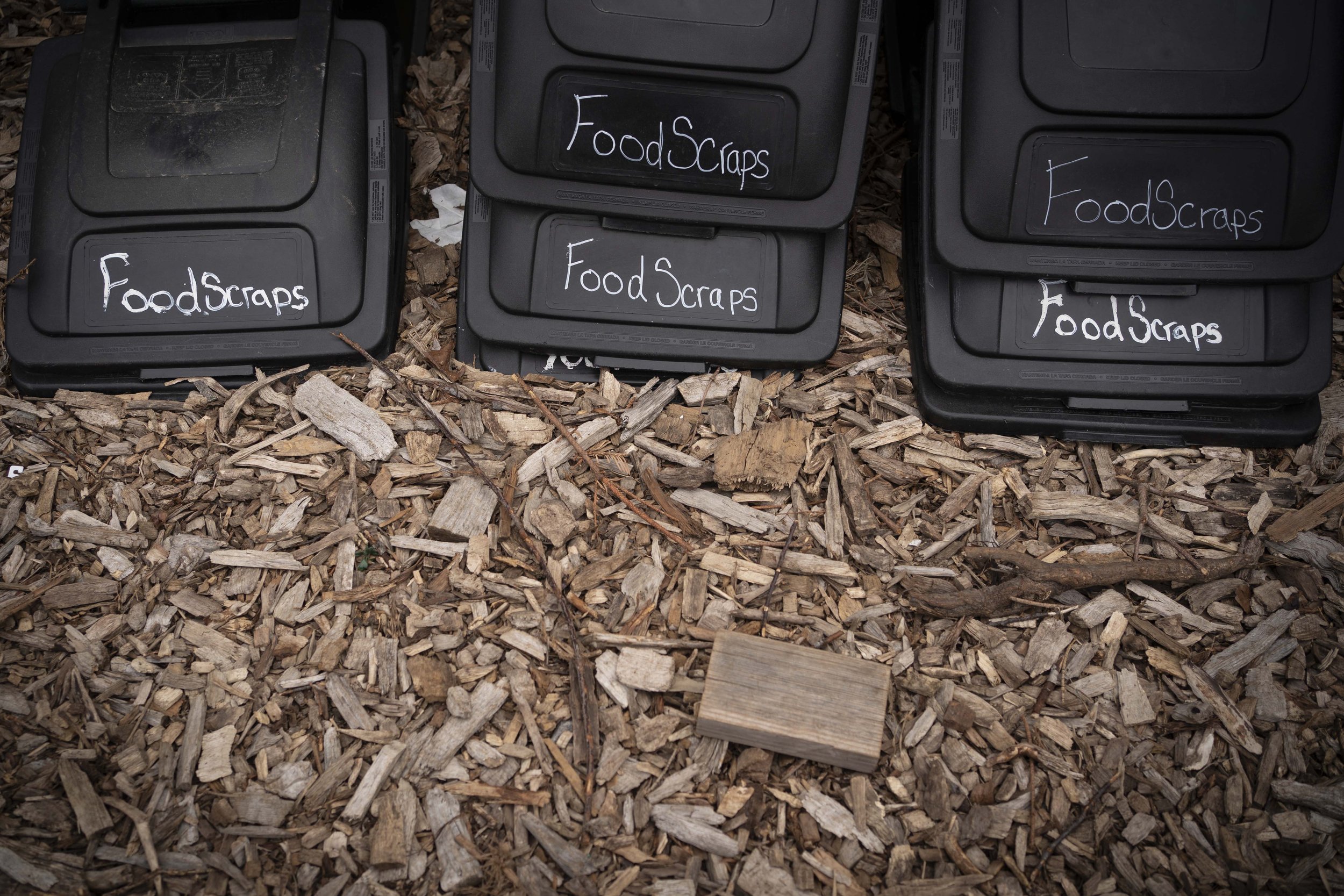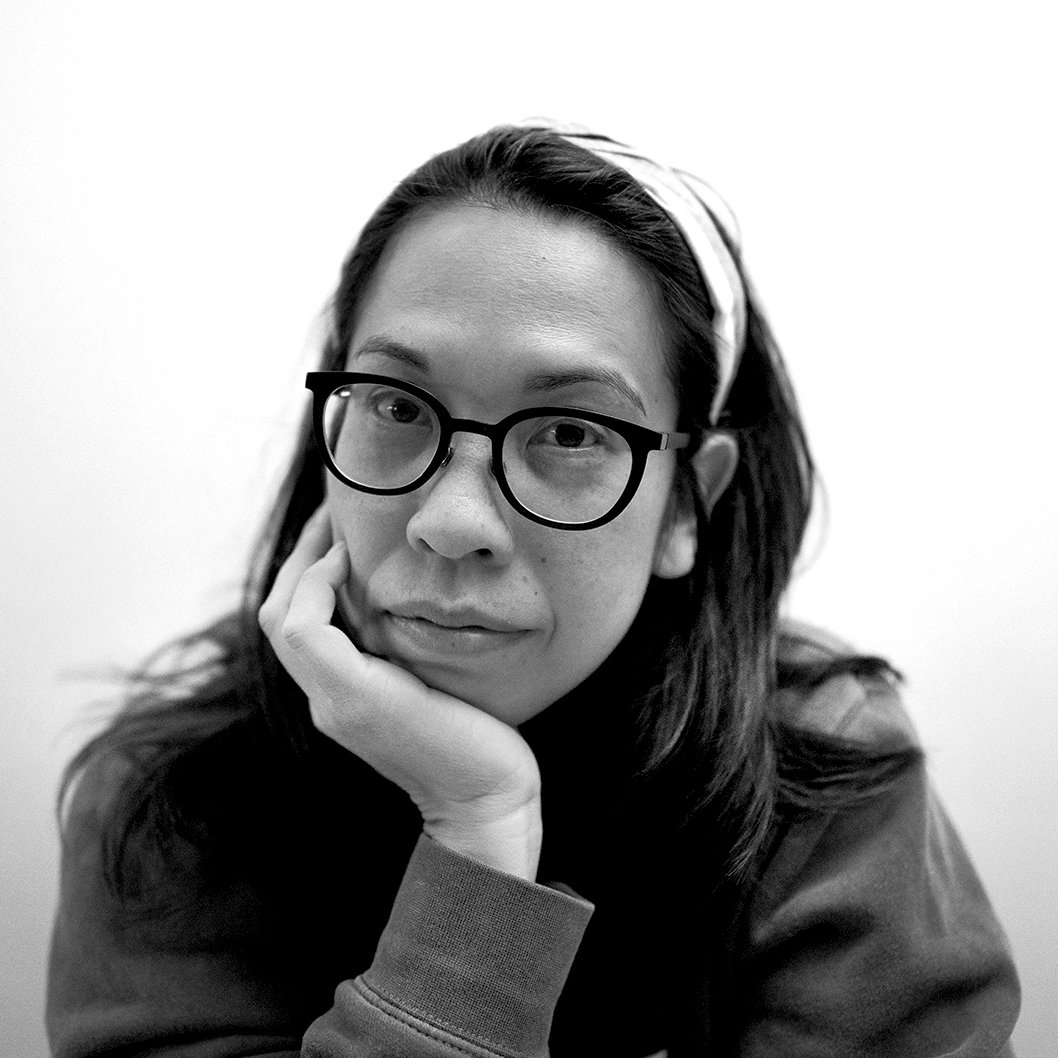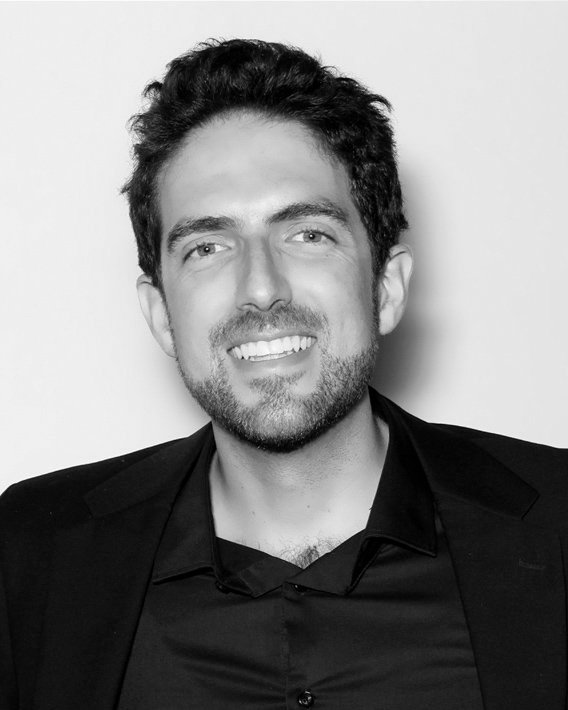
Son of the Soil
Story Summary
After the tragic death of his mentor, a young climate activist channels his grief into expanding community composting in New York City, embarking on a transformative journey to heal the environment and confront the emotional toll of climate change.
Project Synopsis
This feature documentary centers around Domingo Morales, who is regarded as New York’s compost champion by major news media outlets such as The New York Times and NBC. Born and raised in the Bronx, NY, Domingo’s emergence as a leader in the compost movement, is inspired by his mentor David Buckel, a former civil-rights lawyer turned urban farmer and climate activist who created the largest hand-powered compost site in the U.S. Domingo's journey is intricately linked to David's tragic demise. Mourning the death of a man he considers a father, Domingo's commitment to environmental justice intensifies - even as the pandemic-induced shutdowns almost paralyzed NYC’s composting programs. He catalyzes the idea of creating a network of community compost sites, especially in public housing developments. In less than 2 years, his organization Compost Power has created over 10 new sites.
The narrative follows Domingo as he navigates personal loss, systemic barriers, the disillusionment of institutional sclerosis, and as he attempts to overcome his grief by understanding why David died. His quest for answers is paralleled by his endeavor to honor David's legacy and fight the impact of climate change. As he grapples with grief, resilience, and the intersections of environmental and mental health crises, Domingo's journey becomes a catalyst for community empowerment and legislative change. His introspective journey raises questions about the human toll of environmental activism, the resilience of marginalized communities, and the transformative power of collective action.
Director I Eunice Lau Editor I Yasu Inoue
Why This Story Now
While there may be documentaries that touch on elements of environmental activism and sustainability, our story is set in New York City – one of the largest metropolis in the world that critically needs solutions to mitigate climate change – and offers a unique perspective that sets it apart. Unlike other documentaries that focus solely on broad environmental issues or scientific explanations of climate change, our film specifically centers on the transformative power of composting and urban agriculture, particularly in marginalized communities. We delve into the intricacies of composting as a solution to reduce food waste and mitigate climate change, offering a detailed exploration that may be absent in other documentaries.
The co-relation between fighting climate change and composting may not be obvious to many viewers who are not familiar with the process of recycling food waste into fertilizer to enrich soil and plants. UN-led studies show that methane emissions through food waste are responsible for almost a quarter of global warming because when food breaks down in a landfill, much of its carbon turns to methane, which is 80 times more potent greenhouse gas than carbon dioxide. Climate scientists believe an “all-out, rapid effort to reduce food waste could slow the rate of current warming by 30% and avoid a 0.5C temperature rise by the end of the century.” Composting is therefore an effective way to reverse climate change.
At the same time, our film takes an intersectional approach, highlighting the intertwined nature of environmental and racial injustices, particularly in the context of public housing communities. We explore how structural racism perpetuates exclusionary environmental policies and emphasize the importance of equitable access to sustainability initiatives.
At its core, this film aims to spark vital conversations about the psychological effects of climate change and inspire hope for positive change. Our story delves into the psychological effects of climate change, specifically through the lens of climate grief experienced by both our protagonist, Domingo, and his mentor David. By intertwining personal narratives with larger environmental themes, we offer a unique perspective on the emotional toll of ecological degradation and the urgent need to address its ramifications. In a time of escalating ecological crises, Domingo's story serves as a beacon of hope, reminding us that through collective effort and determination, we can forge a more sustainable and equitable future for generations to come.
Filmmaker’s Artistic Approach
Geologian Thomas Berry is urging mankind to create a “new story” of evolution in order to fight climate change. From an artistic perspective, this means we have to challenge the way we have been telling the story of this crisis, and finding the balance between the reflective and action elements of the film through the use of different techniques and styles.
By looking at the impact of climate crisis through the very personal lens of a young man who mourns the suicide of his mentor, I seek to understand what acts of martyrdom throughout history say about our civilization. Will we ultimately survive this catastrophe - in spite of ourselves - because of the goodness our species embody, or will we cave in to despair and hopelessness? By asking these searching questions, I hope to reframe the narrative on climate change in a way that is both personal and reflective. Being able to use cinema to evoke film truth (kino-pravda) will give my work deeper meaning as an artist, and in the process, a “new story” of evolution emerges so we can unlearn the mistakes of the past and present.
Domingo Morales I River Street Composting Site, Williamsburg. Photo I Maye-E Wong
Shoveling compost I River Street Composting Site, Williamsburg. Photo I Maye-E Wong
A fully hand-powered site I River Street Composting Site, Williamsburg. Photo I Maye-E Wong
“We should be mourning as a civilization, that anybody wants to kill themselves because they feel the planet is dying.” - Domingo Morales
Compost textures I River Street Composting Site, Williamsburg. Photo I Maye-E Wong
Compost bins I River Street Composting Site, Williamsburg. Photo I Maye-E Wong
Public Engagement
In conjunction with the screenings of the feature documentary, the project will include a multi-format art exhibition of still imagery and artwork that distills the themes of our film while capturing the marvel of composting and the impact of climate change on mental health. We invite artists to create artworks using “black gold” (compost) taken from Domingo’s sites. These original compositions will challenge our perception of waste and expand ideas of recycling and repurposing organic materials. By conceiving such a multi-dimensional approach to our film project , we hope to expand the sensory experience of our audience and engage them more deeply than we have ever done before.
Composting work at the River Street Composting Site, Williamsburg, one of 6 sites, started by Domingo Morales. Regarded as New York’s compost champion at 30, Domingo Morales cherishes his success but he remains haunted by the suicide of his mentor David Buckel who lit himself on fire in protest against climate change. He seeks to understand the impact of climate grief through David's final act. Photos Maye-E Wong
Project Status
In development since 2020, we are currently in production thanks to the generous support from Jerome Foundation and New York State Council on the Arts. The grants have enable us to delve more deeply into our research and conceptual approach, and allow us to capture the story cinema verite style and make discoveries together with our film protagonists.
The Team
Eunice Lau | Director and Producer
As a former journalist and a descendant of immigrants displaced by conflict, Eunice is drawn to stories about the journey of migrants and the profundity of hyphenated identities. Her feature documentary “Accept the Call”, which is set in Minnesota’s Somali community, explores the impact of inherited trauma and aired on PBS after screening at acclaimed film festivals such as Human Rights Watch, Woodstock, and Singapore International. Prior to making this documentary, she traveled to Mogadishu and Somaliland in 2012 in order to understand the genesis of the conflict and rebuilding efforts through the lens of women survivors. She filmed and directed “Through the Fire”, which was nominated for best short documentary at the AMPAS Student Academy.
Eunice’s works have also appeared on Discovery Channel, Al Jazeera English, and Channel News Asia, and she is supported by eminent arts and media organizations such as the Jerome Foundation, Tribeca Film Institute, ITVS, Chicken & Egg Pictures, Women Make Movies, and IFP. In 2021, she was among four filmmakers selected for Woodstock Film Festival’s inaugural Filmmakers’ Residency for her current project “Son of the Soil”. Eunice is featured in publications such as The New York Times, Variety, and Filmmaker Magazine. A Masters of Fine Arts film graduate from New York University, and a Bachelor of Arts Honors in Politics, Philosophy, and Economics graduate from the University of York, Eunice is born and raised in Singapore and lives in Queens, NY on Lenape land.
Maye-E Wong | Photographer
A multi-award-winning photographer, Maye-E Wong has spent almost two decades documenting conflicts, disasters and disease across the globe with the Associated Press (AP). In 2017, her sensitive portrayal of Rohingya refugees who survived rape by Myanmar's military won an Overseas Press Club Hal Boyle Award and the 2018 Ancil Payne Ethics in Journalism Award. One of the most important roles in her career was her coverage of North Korea between 2014-2018. By using a familiar and accessible visual language, her photos gave people around the world a deep look into life in the reclusive country.
Since 2018, her coverage has brought her to the U.S. where she traveled across middle America documenting life in the country during the seismic changes of 2020 where people had to navigate the uncertainty of COVID as well as the political scene. She won the AP Photo Contest in June 2020 for her series on black lives matter protests in New York City including a photo of a black lives matter protester embracing a police officer. Maye-E’s work is also supported by the International Women’s Media Foundation (IWMF). With a grant from IWMF, she traveled across the U.S. speaking to survivors of clergy abuse for her project “Sundays After”. Using Polaroid cameras to capture the subjects, she soaked the instant photos, before freeing the images on fragile membranes — wrinkled, torn, distressed — and pasting them on watercolor paper. The film transfers themselves, with their imperfections and rough edges, are resilient, much like the survivors they portray. The photos won Pictures of the Year International 2019 at the Missouri School of Journalism. She is now a mentor at IWMF and the Eddie Adams Photo Workshop and served as a Jury member at the 2018 and 2019 World Press Photo Contest.
Yasu Inoue | Film Editor
Inspired by the cinema of John Cassavetes and Akira Kurosawa, Yasu came to New York City to study filmmaking, and editing. He has since produced and edited over 50 features and series including “Accept the Call”, “A-Town Boyz”, “Newman”(Best documentary, 2016) and “Man from Reno” (Best Narrative Feature, LA Film Festival 2014). His clients include Netflix, HBO, CNN Films, Showtime and PBS. He is a key member of the Delphin Films team.
HIROO TAKAOKA | Cinematographer
Hiroo has worked as a cinematographer for over 30 years in the U.S. and Japan. His works has wonacclaims including the documentary “Memories of Origin” which was nominated for the International Emmy award in 2012. His works has brought him to countries such as Japan, Kenya, Iceland and Singapore. Hiroo is a graduate of New York University’s Tisch School of the Arts, and lives in Brooklyn.
Eric Jenkins-Sahlin | co-cinematographer
Eric Jenkins-Sahlin is a film editor, cinematographer and director based in Brooklyn, NY, and his work spans documentary, branded content, music videos, artist profiles and corporate projects. His work has been featured in The Guardian, Vice, The New Yorker, AdWeek, Roads & Kingdoms, DocNYC, and Spike Lee’s NYC EPICENTERS documentary. Eric was Assistant Editor for the Academy Award-nominated Knife Skills (2017), Associate Producer for A Photographic Memory (2019 Sundance Edit and Story Lab), and Director for a non-broadcast industrial video that won a 2019 Bronze Telly Award. Born in Sweden and raised in Connecticut, Eric was a Fulbright Scholar to China, a UnionDocs Summer Documentary Lab fellow, and a participant in Mountain Workshops. He is currently the Director of the Brooklyn Documentary Club and a member of Filmshop; and speaks fluent Mandarin Chinese and Swedish.














